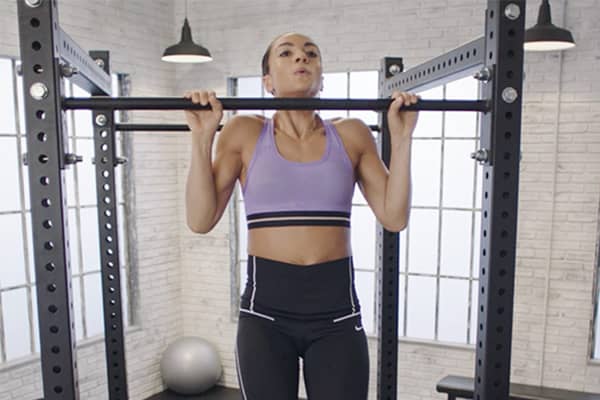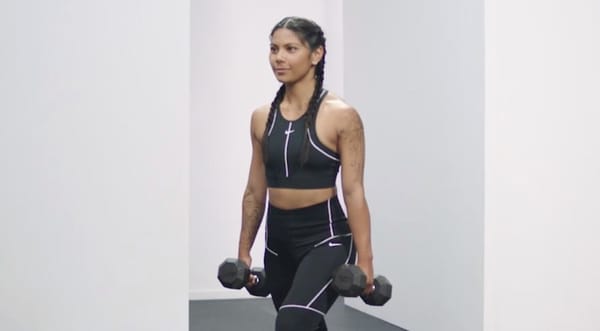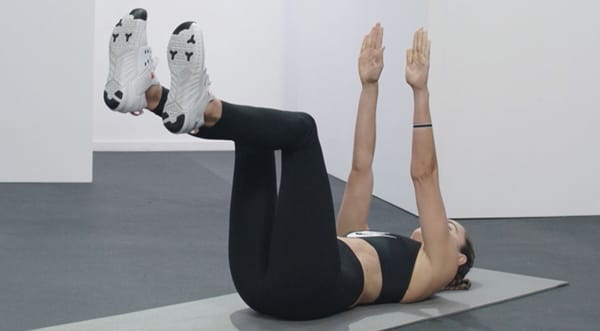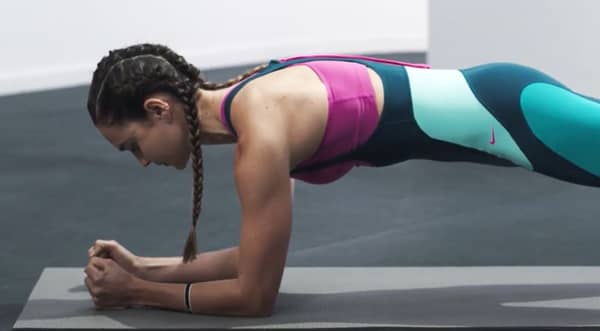Good Form: The Perfect Forward Lunge
Coaching
By Nike Training
This is a modal window.
Improve your core strength and balance by perfecting the forward lunge.
Don't be fooled by its simplicity. When done correctly, the forward lunge brings all kinds of benefits to your strength and workout. In this article, Nike Master Trainer Flor Beckmann will step you through how to get the most from your lunges.
Sure, it's a great beginner exercise. But the forward lunge can be incredibly challenging too. Here, Nike Master Trainer Flor Beckmann shares all the ways you can benefit by incorporating the classic move into your regular workout routine. Plus, she walks you through exactly how to do it.
Muscles You'll Work
This single-leg strengthener builds your glutes, quads, hamstrings and calves. If your goal is to activate more of those muscle fibres with every rep, move slowly. But if you want to get your heart rate up, go as fast as you can with good form (more on this later).
Why You Should Be Doing a Forward Lunge
- The forward lunge challenges your stability more than a reverse lunge does, so your core has to kick in even more to help you stay upright and steady.
- It's a unilateral move, meaning you work one leg at a time. Keep at it and you'll eventually correct some muscle imbalances and strengthen any weaknesses, developing a more symmetrical body that's less likely to get injured.
- Because the move targets some of the biggest muscle groups in your body, it'll help you develop explosive power and speed. That can translate into easier runs, stronger lifts and improvements across nearly every sport.
- The exercise helps improve hip flexibility and mobility, which can also help you move better day to day.
When to Do It
If you're a beginner, start by nailing your form (again, more on this soon). Start with 2 or 3 sets of 8 to 10 reps per leg. Aim to perform quality reps—that means move slowly and maintain control—with just your body weight. If you're more advanced, you should still do a quick form check, then you can add weight, increase the number of reps and sets, and add variations to up the intensity.
Regardless of what your workout is, spend a few minutes beforehand doing mobilisation drills to open up your hips and activation drills to engage your glutes, which will prime your muscles and improve your range of motion.
How to Do a Forward Lunge
01. Stand tall with your feet hip-width apart and your arms by your sides, to start.
02. Brace your core and bring your hands to your hips as you step one foot forwards. Bend both legs until they form 90-degree angles. Make sure your front knee doesn't extend past your toes.
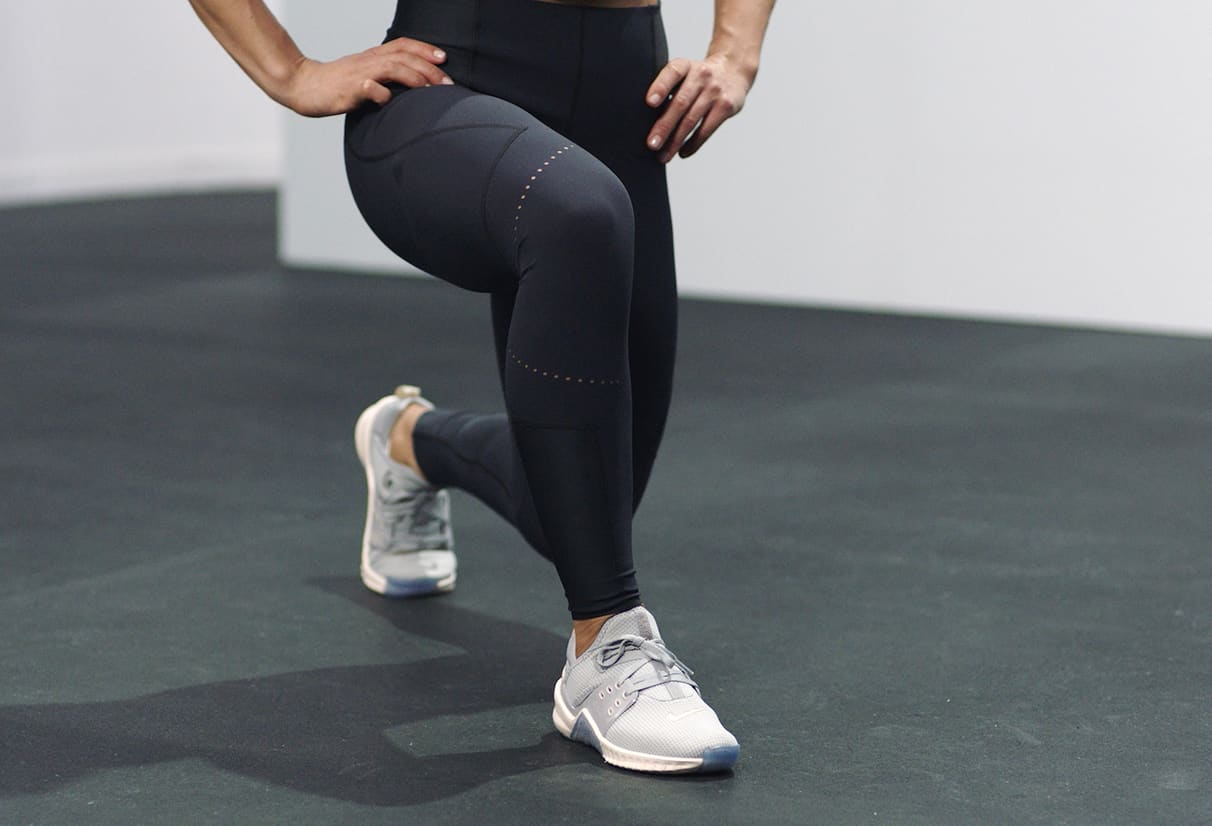
03. Keep your weight in your front leg. Your back leg should just help maintain balance, and your chest should stay tall. Press through your front foot to return to the starting position. That's 1 rep.
04. Switch legs and repeat.
Make It Easier
Move slowly. Really slowly. Or do fewer reps and sets until you improve your balance and strength.
Make It Harder
You could do walking lunges or jump out of the bottom of your forward lunge to switch sides, both of which will spike your heart rate. To tax your muscles more, add weight in the form of dumbbells, a kettlebell, a sandbag, a barbell ... the list goes on.
Train With Us
Tap into the ultimate training resource with the Nike Training Club App. From expertly designed workouts to holistic tips on nutrition, mindset, recovery and sleep, NTC has everything you need to perform your best.
Join Nike Training Club
Access our world-class experts and trainers for help staying active and healthy.

Join Nike Training Club
Access our world-class experts and trainers for help staying active and healthy.
